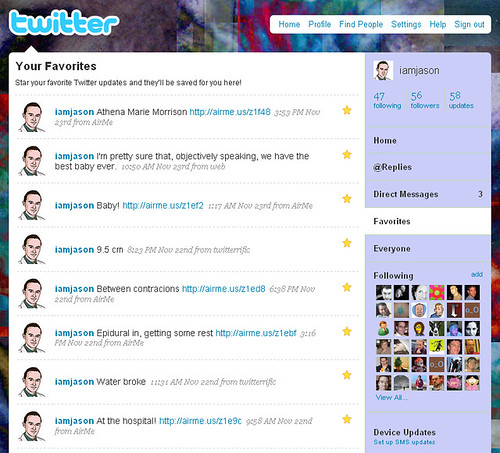 One of the great things about having a blog is getting comments on your posts. It’s particularly gratifying when someone takes the time to tell you that your post was helpful, entertaining, or well-written.
One of the great things about having a blog is getting comments on your posts. It’s particularly gratifying when someone takes the time to tell you that your post was helpful, entertaining, or well-written.
Spammers know this and exploit it by generating compliment spam. They’ll put together a few lines of general praise and slather them across the web, hoping that bloggers will fall for the trick and post their spammy links.
Abusive social engineering like this really annoys me, so when in doubt I always do a Google exact phrase search to see if the compliment is really for me and not from a bot. This is tedious, so I created a simple WordPress plugin: O RLY Comment Spam Search.
You can get the plugin directly from WordPress.org, where you can also give it a rating to tell other webmasters how great (or non-great) it is. By the way, the plugin browser/installer added in WordPress 2.7 is very cool, and makes it much easier to try out plugins.
Judging by the thousands of blogs my O RLY searches have found, this sort of spam works. But why do spammers do it? Since WordPress (and most major blog systems) nofollow links in comments by default, the spammers can’t expect to gain any PageRank from these links. My guess is most of this spam is either intended to get traffic via clickthroughs or is generated by naive site owners, SEOs and marketers who don’t really understand how things work.
Take a look and let me know if it’s useful in the comments below. Also, let me know if it’s breaking on certain comments or otherwise buggy.

